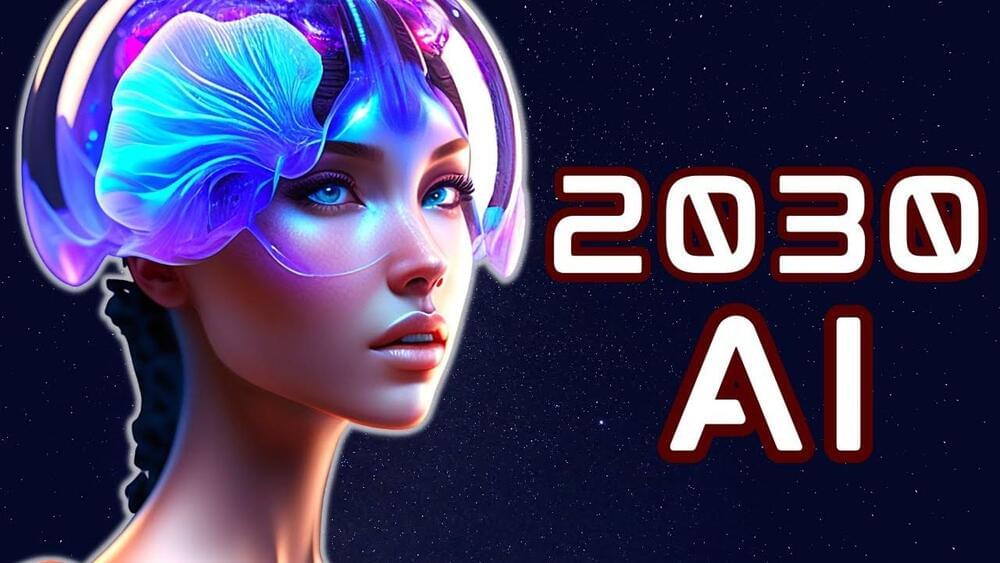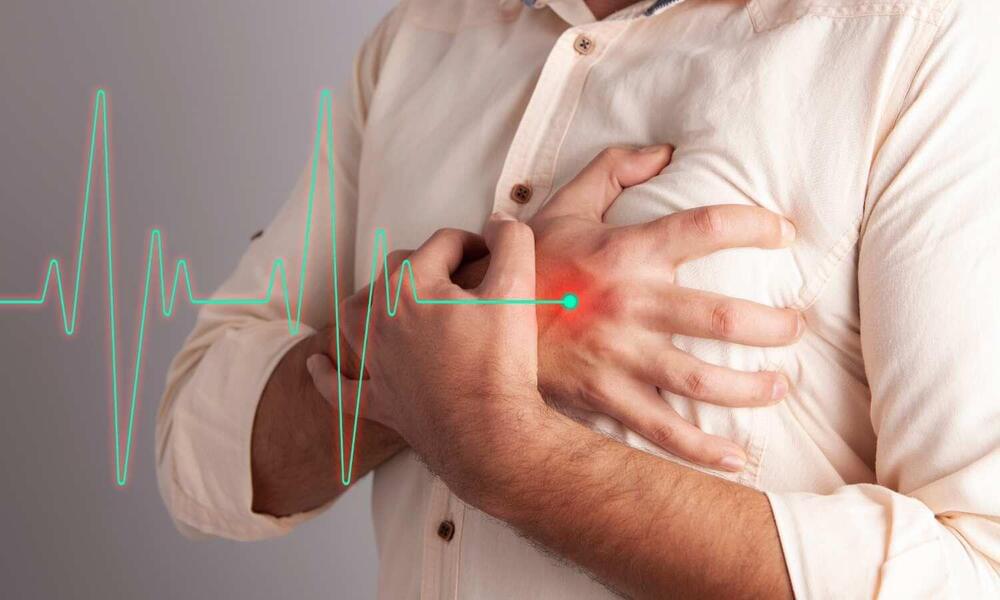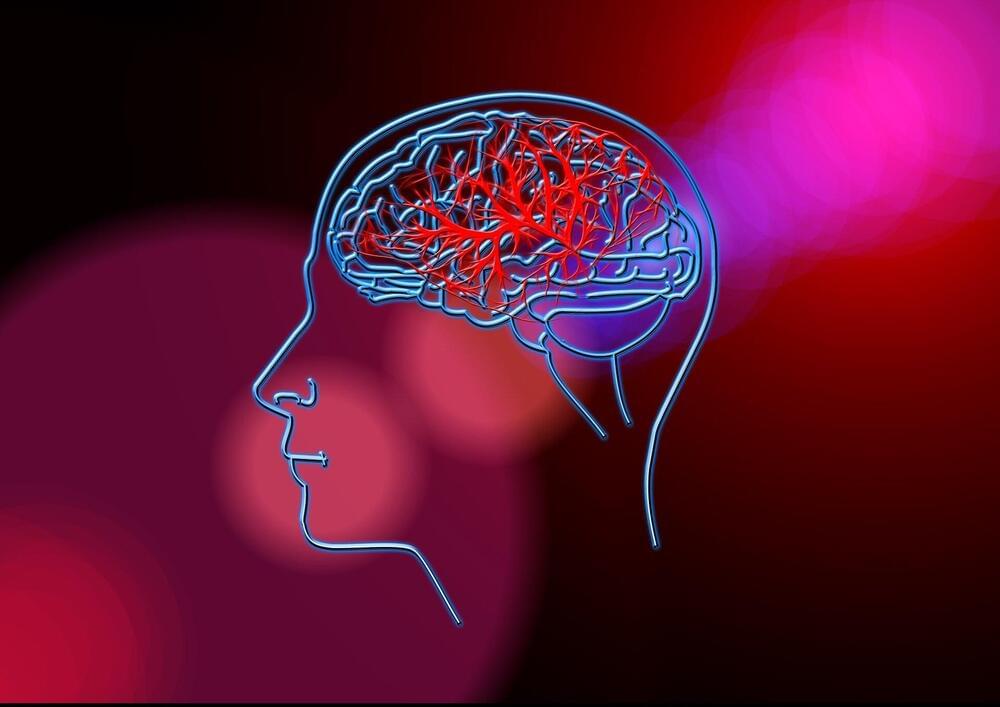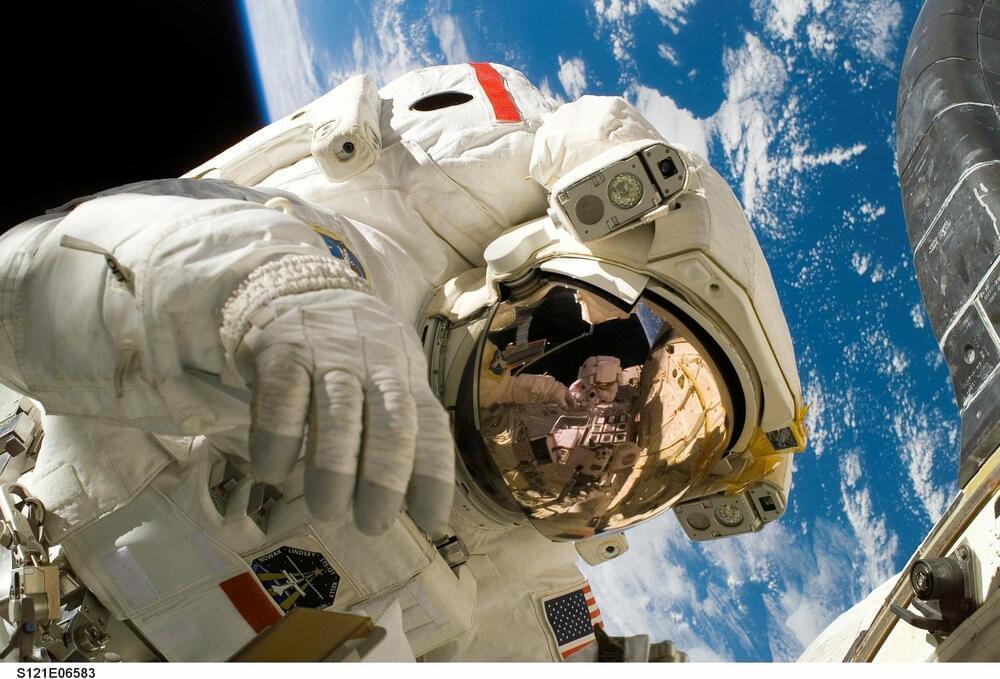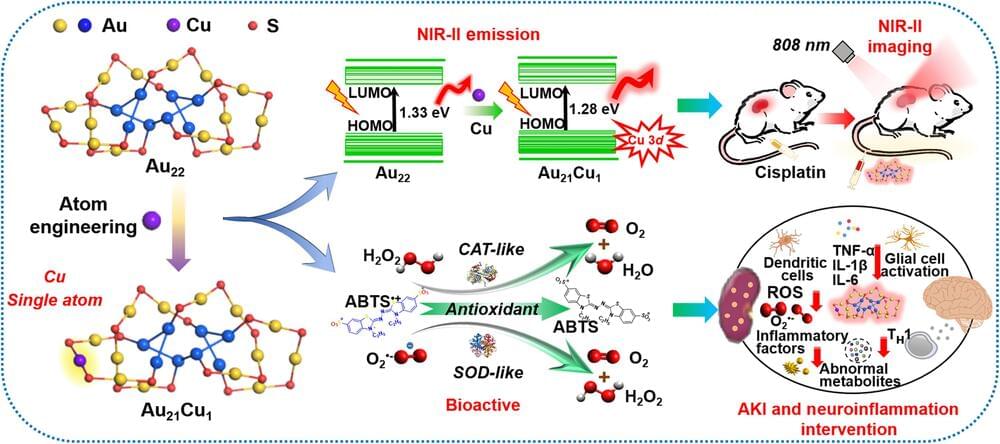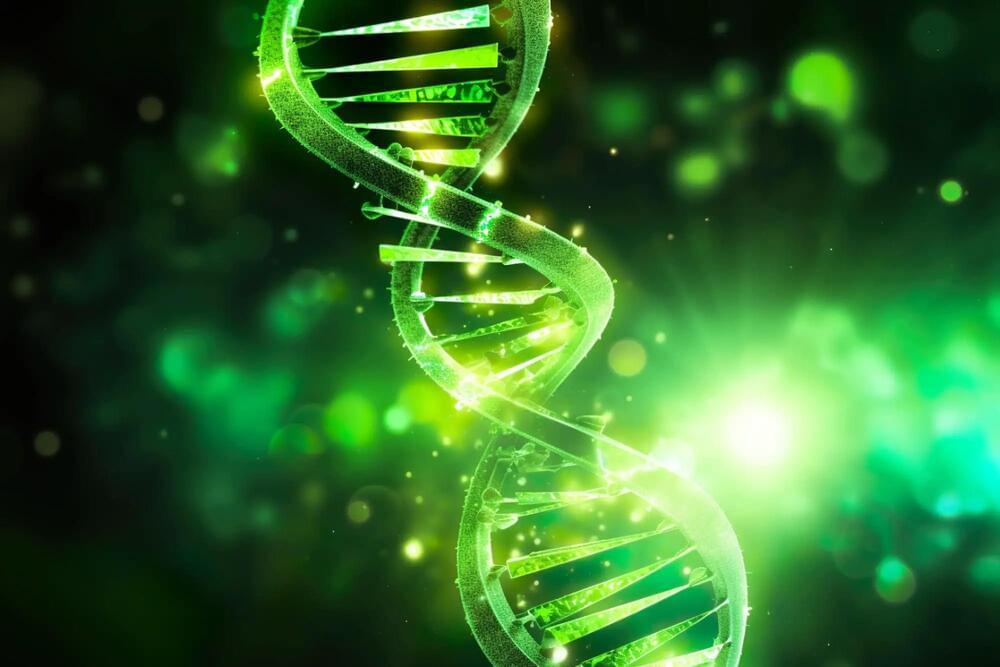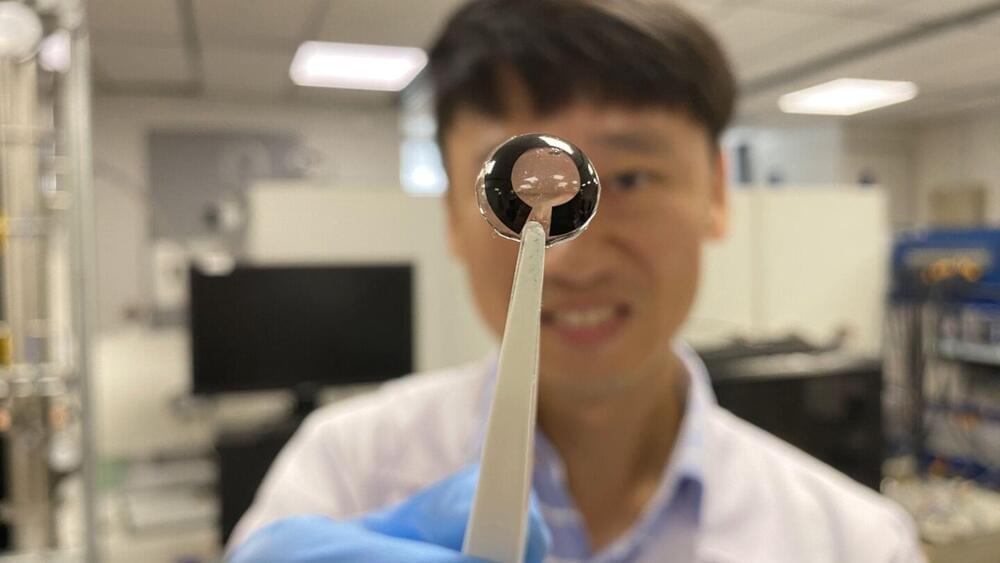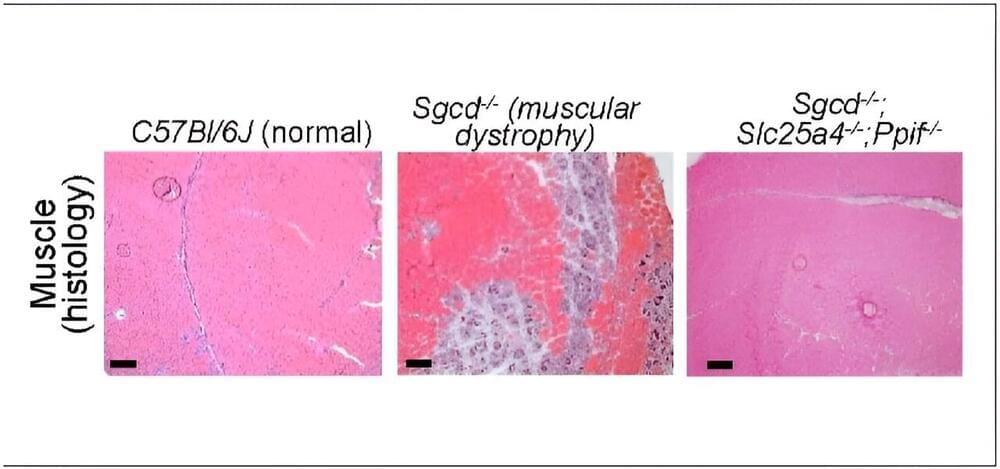Aug 28, 2023
A Scanner Darkly by Philip K. Dick (Gary Telles)
Posted by Dan Breeden in categories: biotech/medical, neuroscience
A Scanner Darkly.
by Philip K. Dick.
Read by Gary Telles.
Originally issued by NLS on cassette in 1994
I guess I’ll come back on Thursday.
This is a pretty good alternative to Paul Giamatti’s narration.
“In a near-future, drug-ridden America, narcotics agent Bob Arctor goes undercover to catch a drug dealer. In the junkie culture in which he operates (even his girlfriend is a dealer), he takes large doses of a drug that splits his brain into two separate personalities. The agent has no knowledge of his other self, who, as it turns out, is the drug dealer he is after.“
00:00:00 — (i) Book info.
00:03:03 — (01)
00:41:07 — (02)
01:16:47 — (03)
01:52:56 — (04)
02:31:37 — (05)
03:00:47 — (06)
03:37:45 — (07)
04:17:14 — (08)
05:20:03 — (09)
05:37:56 — (10)
06:07:01 — (11)
06:35:45 — (12)
07:13:55 — (13)
08:20:10 — (14)
09:12:38 — (15)
09:17:57 — (16)
09:22:50 — (17)
09:34:53 — (18)
Like these books? Want to help?
These books come from the National Library Services.
I encourage you to donate:
https://www.loc.gov/nls/about/donate/

